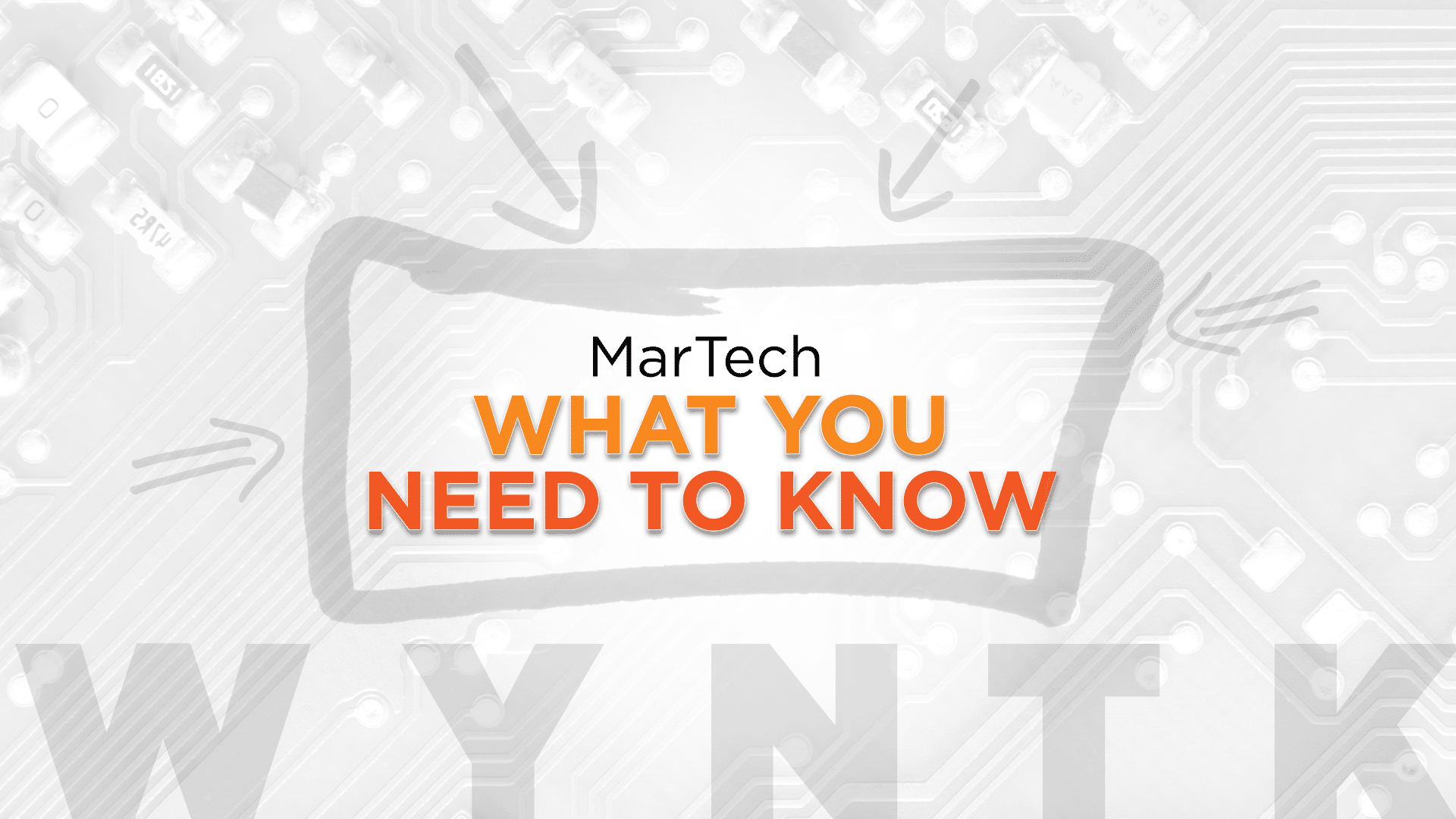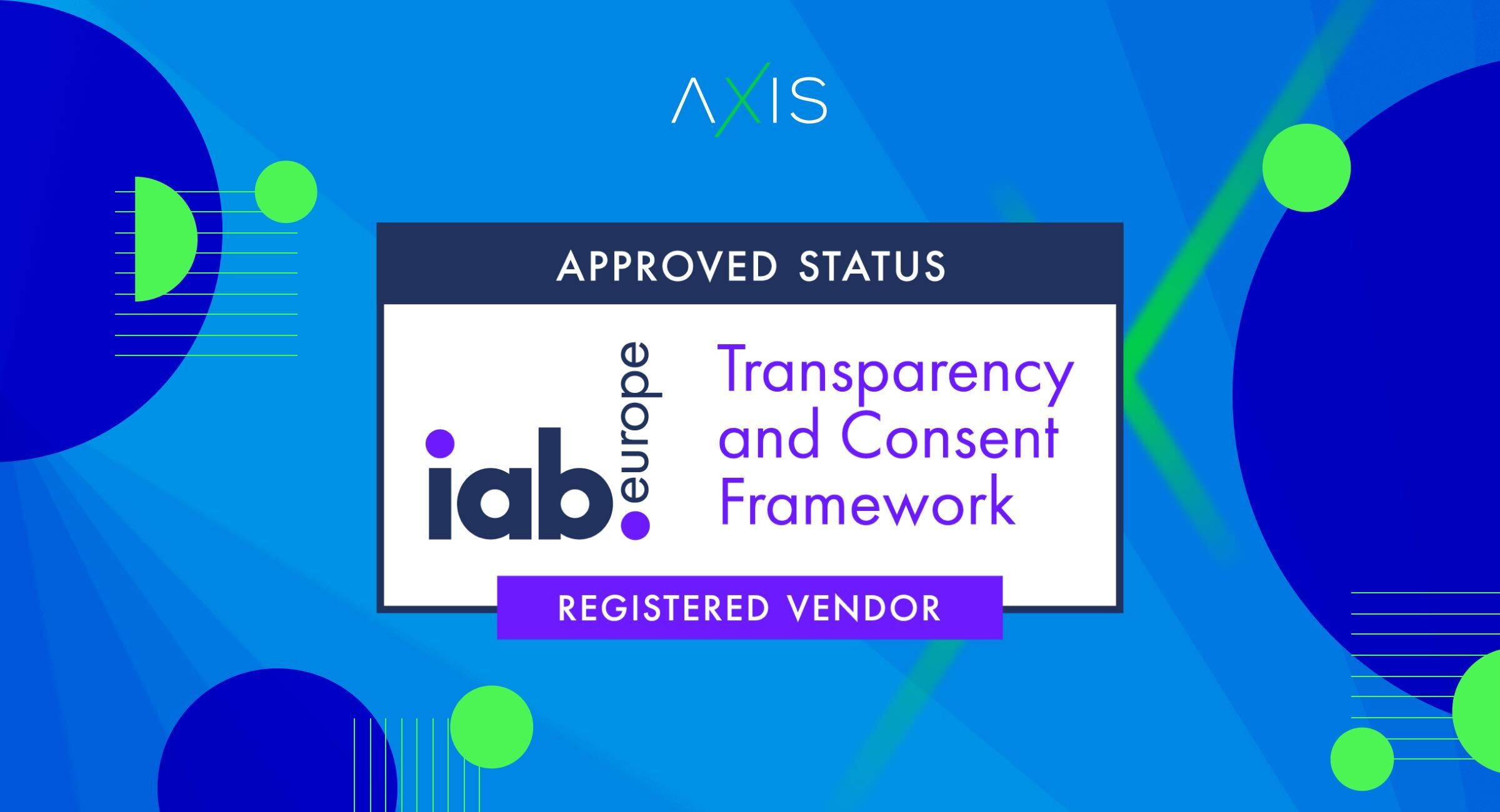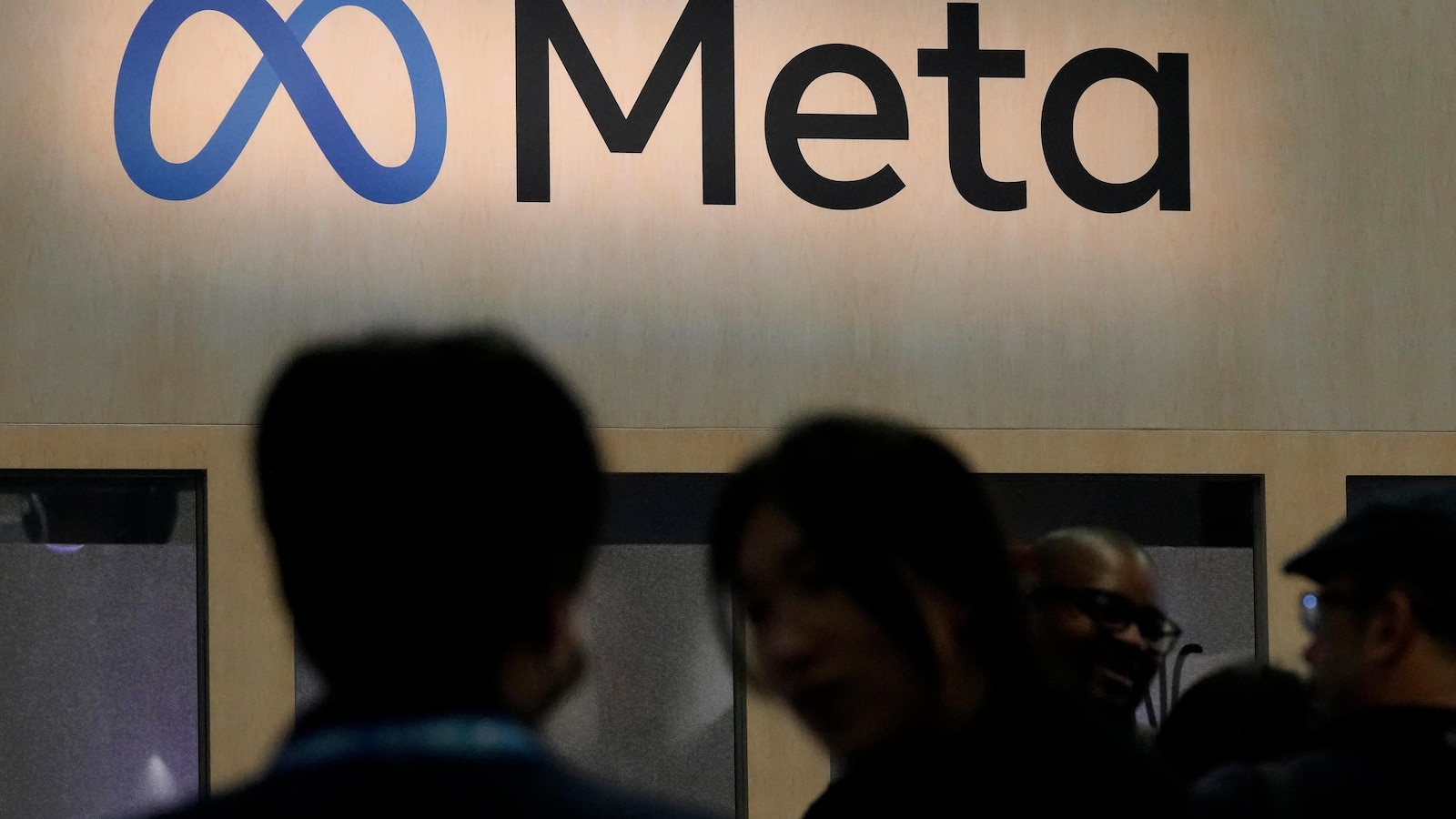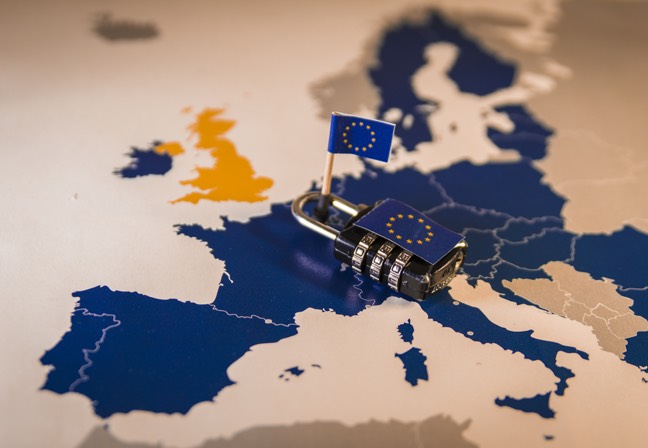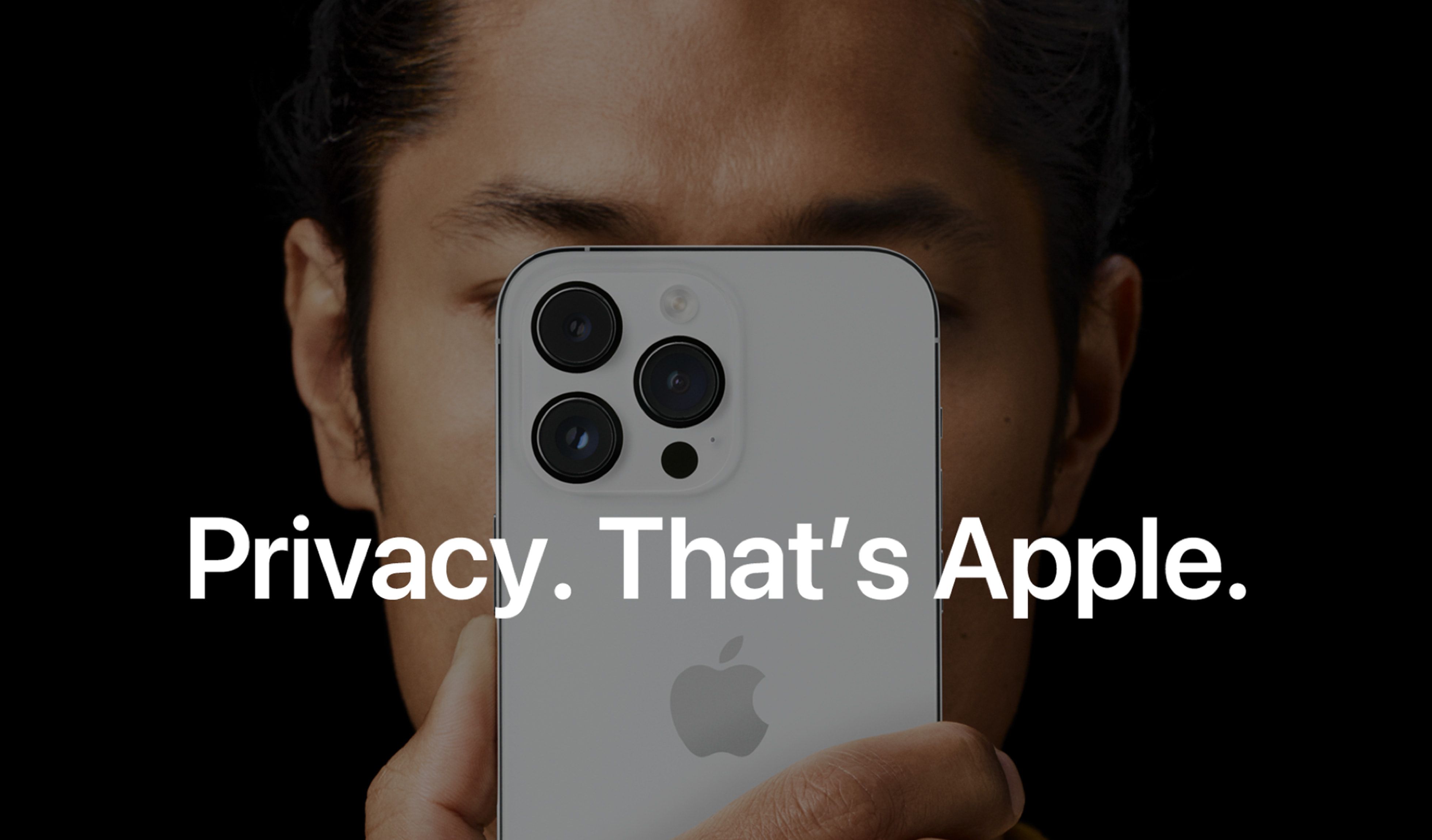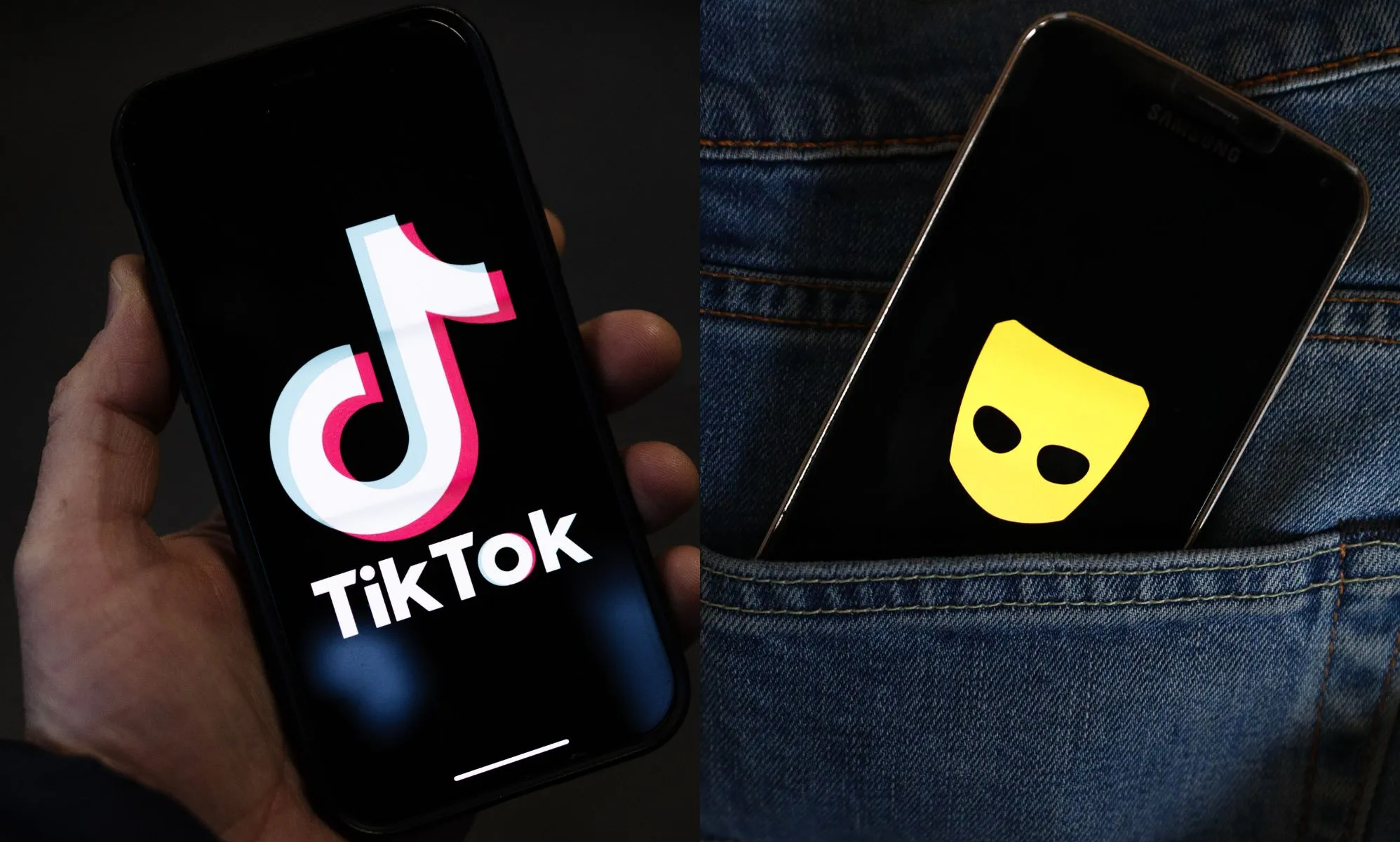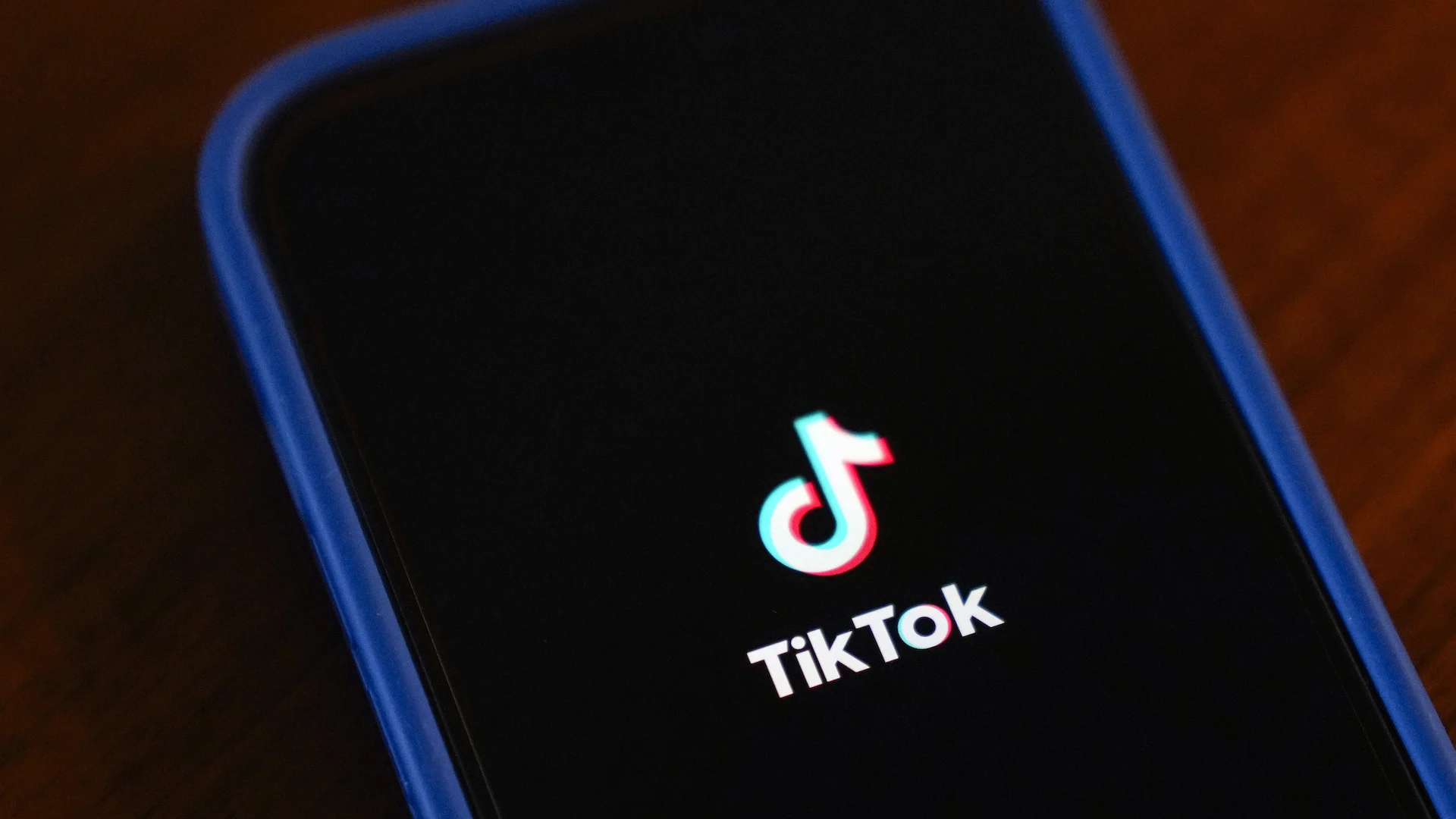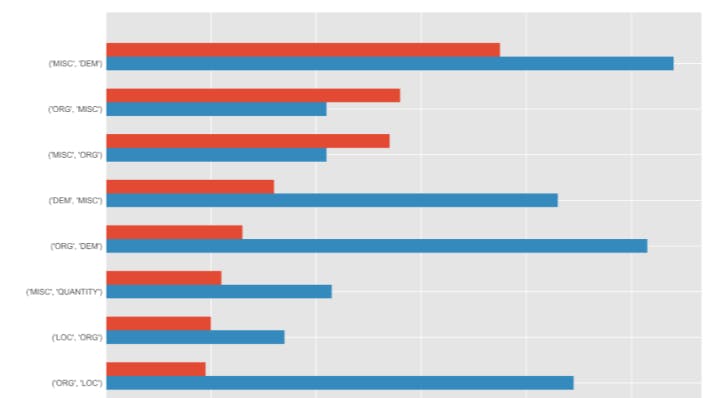#gdpr
#gdpr
[ follow ]
#data-protection #data-privacy #privacy #tiktok #meta #cookie-consent #eu-regulations #european-union #data-breach
fromThe Drum
6 days agoBad Men and Stranger Things: the best of the marketing industry in 2017
Before I worked in marketing and then became a writer and speaker on marketing, I was a journalist and newspaper editor in the US who covered politics, business, and urban development. And it is not the job of reporters to make friends. Journalists are first and foremost supposed to provide fair and neutral coverage. Then, when warranted, they are supposed to serve as a check on those in power, to call them out when they are full of crap, and to hold their feet to the proverbial fire.
fromIPWatchdog.com | Patents & Intellectual Property Law
11 months agoOther Barks & Bites for Friday, February 7: CAFC Rejects Untimely Expert Testimony and Reassigns Case; CJEU Clarifies Online Marketplace Responsibilities Under GDPR; and IPWATCHPUPPIES ARE ON THE WAY!
This week in Other Barks & Bites: Senator Thom Tillis (R-NC) returns to lead the Senate IP Subcommittee during the 119th Congress; the Federal Circuit finds that Judge Boyle of Eastern North Carolina erred in admitting untimely expert reports and reassigns the case on remand for objectionable statements by the judge; the CJEU clarifies the rights of online marketplace operators to protect personal data under the General Data Protection Regulation;
Intellectual property law
fromBusiness Matters
2 weeks agoCompliance Is the New Creative: Why Your Channel Partners Are Your Biggest Liability (and How to Fix It)
If your partner in Munich mishandles customer data, or your reseller in Paris uses a "black box" AI tool to generate deceptive ads, it isn't just their reputation on the line. It's yours. With the EU AI Act now in full swing and GDPR entering its "mature enforcement" era, the distance between a partner's mistake and your company's $20 million fine has never been shorter.
EU data protection
fromwww.independent.co.uk
1 month agoFreemasons seek injunction to halt plans forcing Met officers to reveal membership
The United Grand Lodge of England (UGLE) and other groups representing the secretive organisation in England, Wales, the Isle of Man and the Channel Islands have pushed back against plans, announced earlier this month, to make Freemasonry membership a declarable association. It will mean officers and staff are required to declare membership past or present of any organisation that is hierarchical, has confidential membership and requires members to support and protect each other.
UK politics
fromTheregister
1 month agoEU offers UK early gift: Data adequacy until 2031
The EU has extended its adequacy decision, allowing data sharing with and from the UK under the General Data Protection Regulation for at least six more years. This will be some relief to techies in the UK and the member state block and beyond whose work or product set depends on the frictionless movement of data between the two, especially as they can point to the 2031 expiration date as a risk managing aspect to backers and partners. But the move does have its critics.
EU data protection
fromTheregister
1 month agoEurope gets serious about cutting US digital umbilical chord
The core of the problem lies in a direct and irreconcilable legal conflict. The US CLOUD Act of 2018 allows American authorities to compel US-based technology companies to provide requested data, regardless of where that data is stored globally. This places European organizations in a precarious position, as it directly clashes with Europe's own stringent privacy regulation, the General Data Protection Regulation (GDPR).
EU data protection
fromTheregister
1 month agoGDPR failures in Home Office eVisa rollout in spotlight
The groups cite a "high volume" of data errors linked to the eVisa scheme, which they say amount to both operational failures and serious data protection breaches. In one documented case referenced in the letter, the passport details, contact information, and immigration status of a Canadian citizen were wrongly disclosed to a Russian woman. Other failures have seen migrants locked out of their eVisa accounts, with no effective support from the Home Office and no clear way to escalate urgent issues.
EU data protection
fromwww.theguardian.com
2 months agoEuropean Commission accused of massive rollback' of digital protections
The European Commission has been accused of a massive rollback of the EU's digital rules after announcing proposals to delay central parts of the Artificial Intelligence Act and water down its landmark data protection regulation. If agreed, the changes would make it easier for tech firms to use personal data to train AI models without asking for consent, and try to end cookie banner fatigue by reducing the number times internet users have to give their permission to being tracked on the internet.
EU data protection
Privacy technologies
fromBusiness Insider
2 months agoThe AI startup lawmakers consulted on TikTok's and DeepSeek's privacy risks raised $14 million. Read its pitch deck.
Feroot uses AI agents to scan websites and apps for compliance with over 50 privacy laws, preventing legal risk and accelerating audits for startups.
fromwww.theguardian.com
2 months agoThe EU has let US tech giants run riot. Diluting our data law will only entrench their power | Johnny Ryan and Georg Riekeles
Europe is hurtling toward digital vassalage. Under Ursula von der Leyen, the European Commission president, EU laws to tackle tech giants have been either not applied or delayed, for fear of offending Donald Trump. Now leaked documents reveal that the European Commission plans to gut a central part of Europe's digital rulebook. This will hurt Europe's innovators and hand the future of Europe's tech sovereignty to US firms.
EU data protection
fromTheregister
2 months agoEU's leaked GDPR, AI reforms slated by privacy activists
As first reported by MLex, the EC's proposed legislative changes are manifold, and in Noyb's view these would poke so many holes in existing rules to "make [GDPR] overall unusable for most cases." The EC is planning to introduce the "Digital Omnibus" package on November 19, introducing amendments to legislation covering AI regulation, cybersecurity, data protection, and privacy.
EU data protection
fromTechCrunch
2 months agoPhone location data of top EU officials for sale, report finds | TechCrunch
A coalition of reporters obtained the dataset, offered as a free sample from a data broker, containing 278 million location data points from the phones of millions of people around Belgium. Much of the location data is uploaded by ordinary apps installed on a person's phones, which is sold to data brokers. Those data brokers then sell that data to governments and militaries.
EU data protection
fromTheregister
3 months agoClearview AI faces criminal heat for ignoring EU data fines
The complaint focuses largely on Clearview's apparent disregard for fines from France, Greece, Italy, the Netherlands, and the UK. Aside from the UK - where Clearview recently lost its appeal of a $10 million fine from the Information Commissioner's Office - the company has yet to pay other fines totaling more than $100 million, Noyb claims. "EU data protection authorities did not come up with a way to enforce its fines and bans against the US company, allowing Clearview AI to effectively dodge the law," said Noyb in its announcement today.
Privacy professionals
fromBerlin Startup Jobs
3 months agoJob Vacancy: IT Developer // GreenAutarky GmbH | IT / Software Development Jobs | Berlin Startup Jobs
We are a Berlin company with international employees working on decentral collaborative AI services in real estate. We change how people live and work, by making buildings think and act adaptive to occupant needs. It is not another App. We save highest possible energy and run AI in compliance with GDPR. We look for developers who know AI on edge as well as power of Edge&Cloud.
Software development
fromDataBreaches.Net
3 months agoObsession with cyber breach notification fuelling costly mistakes - DataBreaches.Net
Regulations such as the General Data Protection Regulation (GDPR) and the Australian Prudential Regulation Authority's (Apra's) CPS 230 standard have led organisations to become "really obsessed" with the 72-hour notification window following a data breach, according to Shannon Murphy, global security and risk strategist at Trend Micro.
EU data protection
Privacy technologies
fromExchangewire
3 months agoIntent IQ's Yoad Shloosh on Privacy-First Advertising, Identity Loss and Attribution
EMEA requires privacy-first, interoperable identity solutions due to GDPR, market fragmentation, and publishers' growing identity signal loss; privacy-led innovation benefits both advertisers and publishers.
fromChannelPro
3 months agoData at risk: helping your customers close gaps in their supply chain
You can't outsource accountability, but many organizations are doing just that, often without even realizing it. This is especially the case when it comes to data. As businesses rely more heavily on third-party suppliers to store, move, and manage their data, the risk of something going wrong multiplies. Whether that's compliance, the ability to restore lost data, or susceptibility to cyber attack.
EU data protection
fromData Matters Privacy Blog
3 months agoEU Court of Justice Issues Landmark Judgment on Concept of "Personal Data" | Data Matters Privacy Blog
Under the GDPR, "personal data" is broadly defined and includes both directly identifiable information (e.g., names, contact details) and indirectly identifiable information (e.g., IP address, unique IDs). "Pseudonymous data" constitutes personal data if individuals can be identified using "reasonably likely" means - taking into account all objective factors such as cost, time, and available technology. By contrast, "anonymous data" is information which does not relate to an identified or identifiable individual.
EU data protection
fromTheregister
4 months agoWhitebridge AI faces complaint over reputation reports
We fully comply with the GDPR, ensuring your personal data is protected and handled transparently. We only collect publicly available information and you have rights to access, rectify, erase, and restrict processing of your data.
EU data protection
EU data protection
fromIrish Independent
4 months agoGovernment may consider new legislation in light of phone data location tracking revelation, Taoiseach says
Phone location data brokers can trace individuals to specific residences and sensitive sites, creating serious privacy and state security risks.
EU data protection
fromDataBreaches.Net
4 months agoEnglish Court of Appeal Rules on Compensation for Data Breaches - DataBreaches.Net
Compensation for non-material GDPR damage can be awarded for objectively well-founded fear of consequences even without evidence the data was disclosed to third parties.
EU data protection
fromExchangewire
4 months agoPixalate Research Finds 253 EU & UK-Registered Mobile Apps Likely Violating GDPR-K & UK Children's Code
253 EU/UK-registered child-accessible mobile apps with ads likely violate GDPR and UK Children's Code, lacking age verification, disclosures, and parental consent mechanisms.
fromTipRanks Financial
4 months agoGoogle fined EUR 325M by France's CNI - TipRanks.com
On September 1, France's CNIL imposed a fine of EUR 325M on Google for displaying advertisements between Gmail users' emails without their consent and for placing cookies when creating Google accounts, without valid consent of French users. Following a complaint filed by the organization None Of Your Business on August 24, 2022, the CNIL conducted several inspections between 2022 and 2023 on Gmail messaging service and on the process of creating a Google account.
EU data protection
#privacy
EU data protection
fromIrish Independent
7 months agoGovernment fined 550,000 by privacy regulator and warned over facial scans for Public Services Card
The Government's biometric database, tied to the Public Services Card, raises significant privacy concerns amid legal scrutiny and civil liberties group opposition.
[ Load more ]

